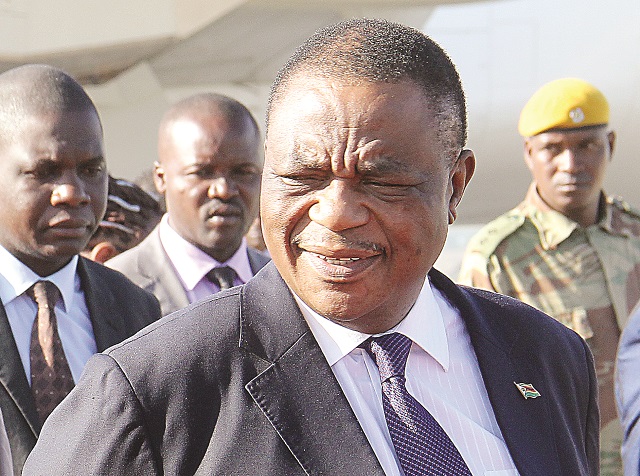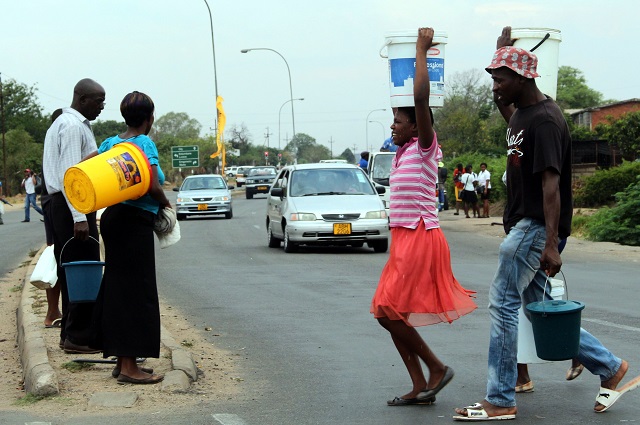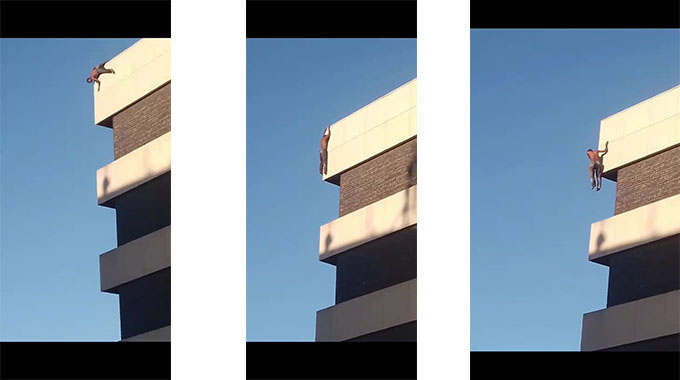Govt explains health workers windfall disparities

Paidamoyo Chipunza, Harare Bureau
Health workers, the majority of whom are doctors, will have their on call allowances, which were recently slashed barely two months after they were awarded, reinstated, Health Services Board (HSB) chief executive Ms Ruth Kaseke has said.
Ms Kaseke said following a series of engagements between HSB and the Ministry of Finance and Economic Development, the affected workers will be paid their dues according to the initial agreement of a minimum of $760 a month.
“As indicated before, we do not know what led to slashing of the on call allowances but we have since engaged Treasury over the issue and they have assured us that it will be rectified,” said Ms Kaseke.
She said although they were yet to get formal communication from Treasury to enable them to also communicate formally to the affected workers, the slashing of on call allowances was not deliberate and not in any way linked to the proposed introduction of the special medical allowances for non-medical health workers.
“Allegations that HSB had recommended the cuts to accommodate non-medical personnel are not true because the two processes are completely different,” she said.
Clarifying on backdated payment disparities between primary care nurses (PCNs) and registered general nurses (RGNs), which saw PCNs getting more than RGNs, Ms Kaseke said PCNs were in much lower grades, whose total earnings fall outside the tax bracket hence the disparities.
She said the PCNs who received the windfall were also among the first to be trained and by experience and appraisal were now supposed to be in Grade D, which is the entry grade for RGNs, up from Grade C.
“This meant their housing and transport allowances were also reviewed upwards to match with those of RGNs in Grade D but for RGNs there was not much change because the allowances are almost the same across all grades,” said Ms Kaseke.
She said because bonus is also calculated based on one’s basic salary plus housing and transport allowances, the PCNs still fetched more compared to RGNs and majority of their total earning fall below the tax bracket resulting in them taking home more than RGNs.
Ms Kaseke said RGNs were therefore deprived more on their basic salary than transport and housing resulting in them receiving less than half of what PCNs got in the backdated payments. Asked on whether all other affected disciplines in the health sector also received the backdated payments, Ms Kaseke said all the 8 916 professionals out of a complement of about 35 000 were paid their dues.
She said nurses however formed the bulk of those who were affected. “All disciplines who were affected have received their dues but it appears as if only nurses were paid because they form the bulk of those who were wrongly graded accounting for about 7 600,” she said.
The payments were effected on Monday following a release of US$17 million by Government about a month ago to end a month long doctors’ strike and a looming nurses’ strike.
This resulted in upward increase of nurses’ night duty allowances, introduction of standby allowances for nurses working in rural areas, upward review of doctors on call allowances and payment of dues to workers who were wrongly graded since 2010.











Comments